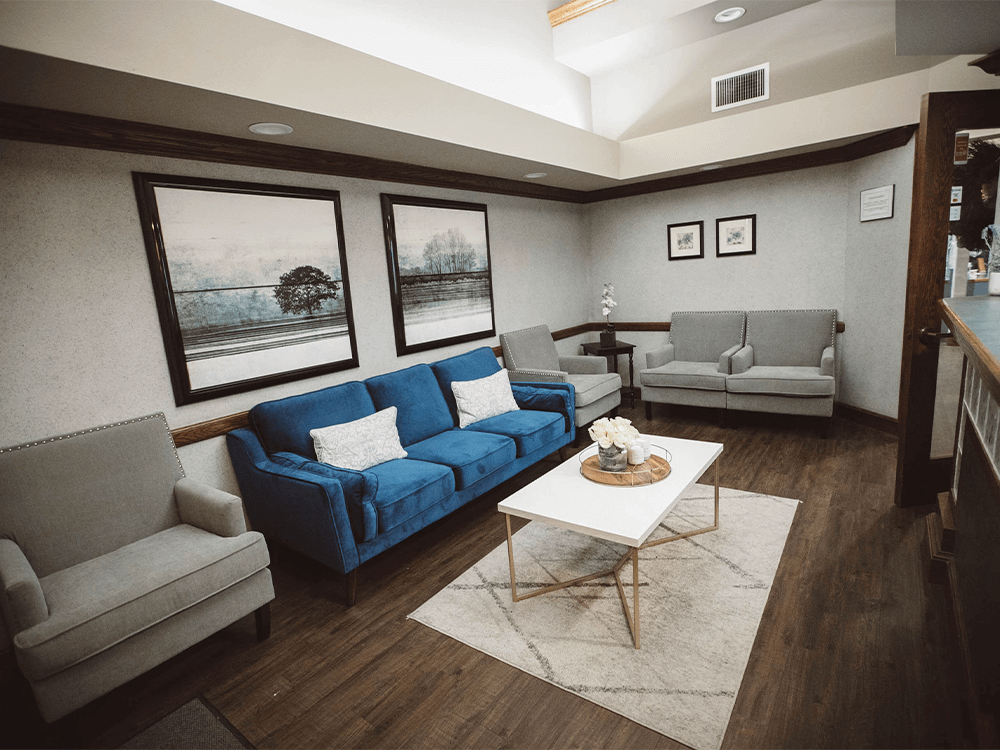What Is A Dental Emergency?
When you take good care of your teeth, seeing your dentist for regular cleanings and brushing and flossing at home, it shows. But sometimes, life sends something unexpected your way. Dental emergencies can happen even to people with healthy teeth and gums. The trick is knowing what counts as an emergency and requires urgent dental care and what can wait to be seen and treated.
Getting help and treatment as soon as possible in the event of a dental emergency is the key to saving your tooth and smile. Here’s what you need to know to spot an emergency.
Signs of a Dental Emergency
Dental emergencies can take multiple forms, but each one usually has obvious signs. If you notice any of the following, contact a dentist as soon as you can:
- Uncontrolled bleeding from the gums or mouth
- Missing or loose permanent tooth
- Severe pain in the mouth or gums
- Severe swelling
Common Dental Emergencies
Generally, a dental emergency is an event that requires immediate care and treatment. Not getting care immediately can put you at risk of severe pain, infection, lost teeth or, in extreme cases, death. Dental emergencies can take multiple forms.
Broken Tooth
A broken tooth, particularly in an adult, is almost always an emergency. When a tooth breaks, it can expose the root, pulp and nerves. Exposure to the air can cause the pulp to become infected with bacteria, which can cause significant damage if left untreated.
If your tooth breaks, rinse your mouth out with warm water, then use a compress on the tooth to keep the swelling down.
Knocked-Out Tooth
Knocked-out teeth also usually warrant a trip to the emergency dentist. The faster you act after the tooth gets knocked out, the more likely the dentist will be able to save the tooth.
If you can find the tooth after it gets knocked out of the mouth, pick it up by the crown end, not the roots. You can try to place it back in its socket for the trip to the dentist. If it doesn’t go back in, place the tooth in a glass of milk and bring it with you.
Severe Toothache
Infections of the gums and teeth can often cause extreme pain. If you develop a toothache like no other toothache you had before, you could have an emergency on your hands. That’s especially the case if the toothache is accompanied by swelling, fever, a bad taste in your mouth and a pimple-like blister on the gums. A severe toothache can mean you have an abscess that needs to be drained by a dentist. You might also need antibiotics, and in some cases, a root canal, to preserve the tooth.
Broken Crown or Filling
Crowns and fillings help preserve teeth after they’ve been damaged by cavities or injury. While most have long lives, they can break or come loose, especially if you get hit in the mouth. Act fast if you break a crown or filling. The sooner you repair the damage, the easier it is to fix and the lower your risk of infection.
What to Do in a Dental Emergency
Act quickly during a dental emergency, as you want to get the problem treated as quickly as possible. Contact your dentist’s office immediately. If you don’t have a family dentist, you can search for “emergency dentist near me” to find a practice that’s located close to your home.
Your dentist might be able to see you right away and can give you further instructions before you come in.
If you’re dealing with a broken or missing tooth, putting the tooth in milk will help preserve it. The liquid keeps the tooth from drying out and increases the chances that the dentist will be able to use it.
If you’re dealing with a lot of bleeding or swelling, putting gentle pressure on the affected area can help. You can also try rinsing your mouth out with water.
How to Prevent a Dental Emergency
You can prevent dental emergencies in a few ways. One is by staying on top of your dental care. When you get your teeth cleaned regularly, there’s less of a risk of infection. Your dentist can also detect and treat any issues before they become emergencies.
Protecting your mouth also helps you avoid an emergency situation. If you play sports, always wear a mouthguard. Try not to bite down or chew on hard objects, such as pens, bottle caps and hard candies.
Orange Grove Family Dentistry sees patients in emergency situations and for general, preventive dental care. If you want to learn more about what you can do to protect your teeth and gums, contact us today.
